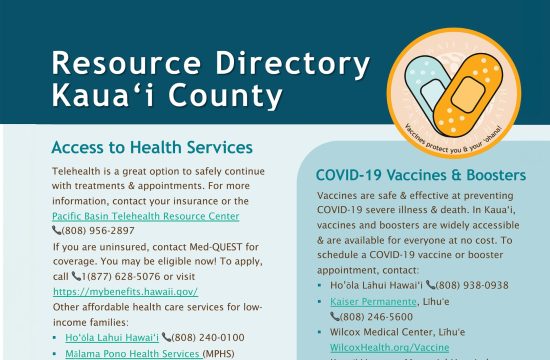As families prepare their students for the school season, educators weigh in on best practices for managing the transition back to school.

Before school starts, adjust your child’s bedtime and wake them up five to ten minutes earlier each day leading up to the first day. Also, post a morning task chart.
By making a visual schedule, kids know what is expected and check off the pictures or word phrases as they do each one.
If your child is ready on time, offer rewards like free time before school.
PLAN AHEAD
Try to pick a day to get school supplies or school clothes when less people are shopping to help enjoy the time together.
LOG IN TO SCHOOL’S WEBSITE
Most schools post everything from PTA information to upcoming events to curriculum information. Clicking on those links only takes a few minutes, but the information gained will be priceless.
ORIENT YOUR CHILD
Schedule a school tour with the school counselor or principal if you are new to the community or if your child has special needs, which can heighten their sense of anxiety.
Attend back-to-school events like meet –and-greets, and school orientations. These are a great way for students to walk around the building, get comfortable with their surroundings and re-connect or meet new friends.
DISCUSS FEARS
Listen to your child’s concerns about the upcoming year. Offer strategies to help them work through them. For example, middle schoolers often worry about opening their lockers. Give them a combination lock to help them practice.
If they are worried about making new friends, act out how to approach someone new or start a new conversation.
PRACTICE DROP-OFF
Hash out transportation details with your child before school starts. If you plan to drive your child to school, do a dry run.
CONSIDER HEALTH MATTERS
To help your child stay healthy throughout the year, make sure they get adequate rest and stay hydrated.
When you’re feeling sick, stay home. You want to spread love with your friends, but you don’t want to spread germs!
ENCOURAGE INDEPENDECE
Many parents walk their kids in on the first day of school. After that, encourage your child to walk to class on their own to help build a sense of independence and responsibility.
As kids approach middle school, encourage them to advocate and take responsibility for themselves.
Allow your child to be more responsible for completing homework, packing their own lunches and cleaning/organizing their backpacks.
CELEBRATE THE FIRST DAY
Many families take photos in the same place every year. Others plan first day celebrations by visiting a favorite spot for a special treat.
MANAGE THROUGH BAD DAYS
After a long day at school, your child might come home feeling irritable, tired or frustrated with a problem.
Listen and empathize. Be careful not to jump in too quickly or over react to what
is really a small problem or conflict.
Instead, encourage creative problem-solving. If your child is complaining of anxiety –related tummy aches, make a plan with the school nurse or counselor.
The most important thing is to get your student in the building. Don’t let them talk you into leaving- they’ll have stomach aches for the next two months.
CONNECT WITH TEACHERS
Every educator wants every child to literally RUN to school because they can’t wait to be there.
Share your child’s interests and hobbies to help teachers zero in on what gets your student excited about learning.
Always contact your teacher or principal if you need clarification on anything or to discuss any concerns.
Managing First-Day Jitters Tips
• Tell your child how you manage anxiety-provoking transitions.
• Practice deep breathing.
• Remind yourself “you got this.”
• Go on a walk, shoot hoops, or bike ride.
• Hug a loved one.
• Talk it out.








